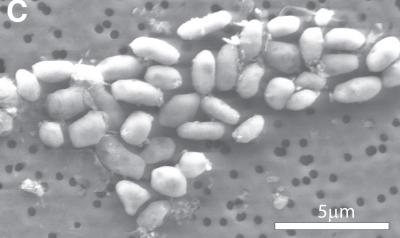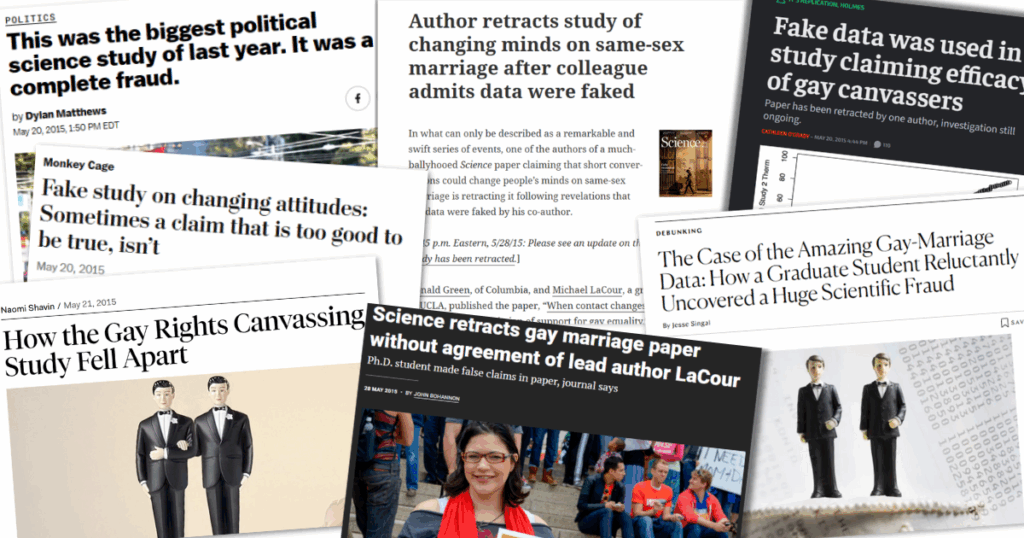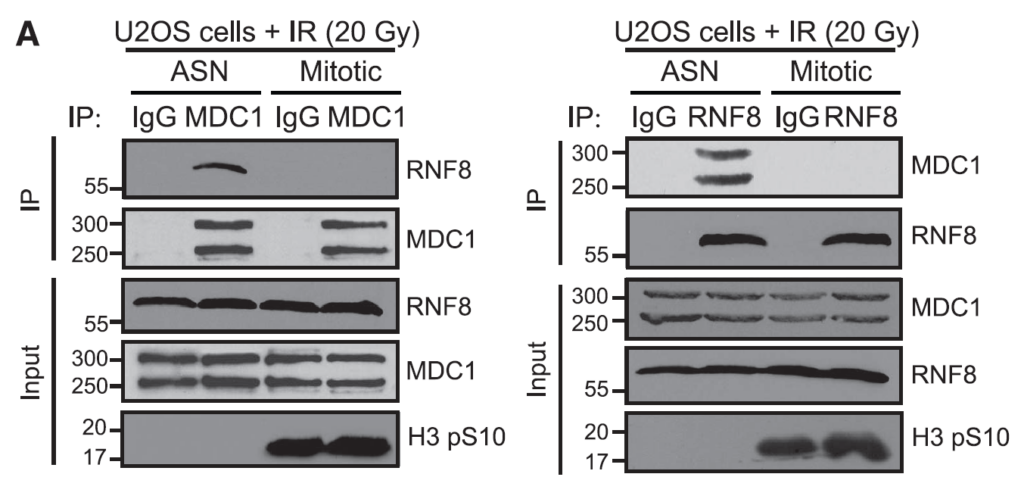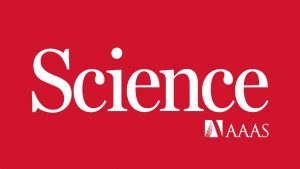
Science/AAAS
Fifteen years after publishing an explosive but long-criticized paper claiming to describe a microbe that could substitute arsenic for phosphate in its chemical makeup, Science is retracting the article, citing “expanded” criteria for retraction.
The authors stand by their findings and disagree with the retraction, and contend the decision doesn’t reflect best practices for publishers.
Many scientists, including David Sanders, a biologist at Purdue University in West Lafayette, Ind. who has previously argued for the paper’s retraction in posts for Retraction Watch, believe the paper’s results were simply the result of contamination of the authors’ materials. He told us he was “glad” to see the retraction.
Continue reading After 15 years of controversy, Science retracts ‘arsenic life’ paper






